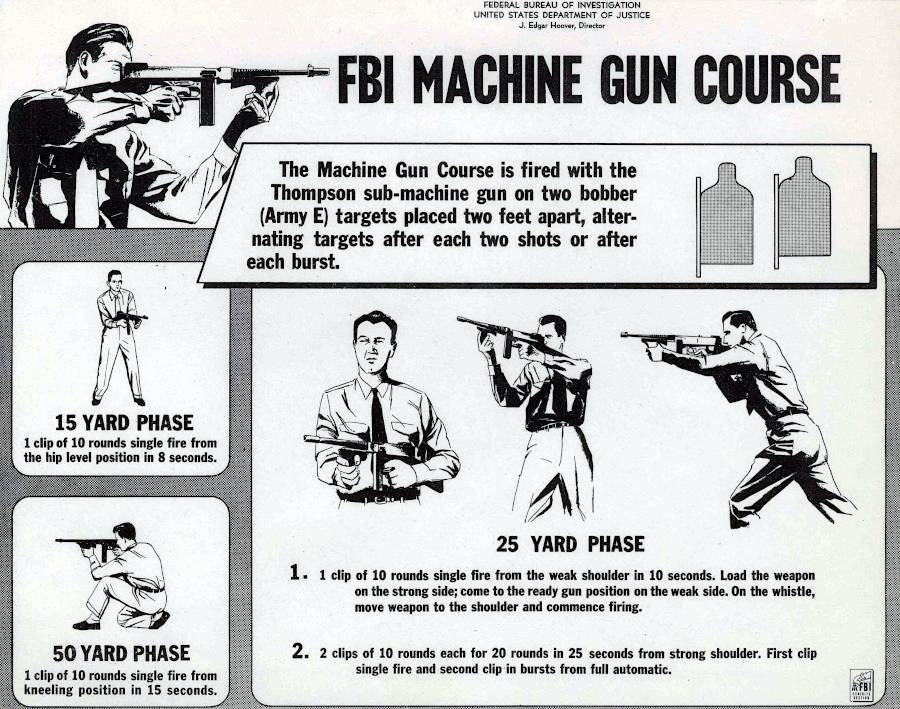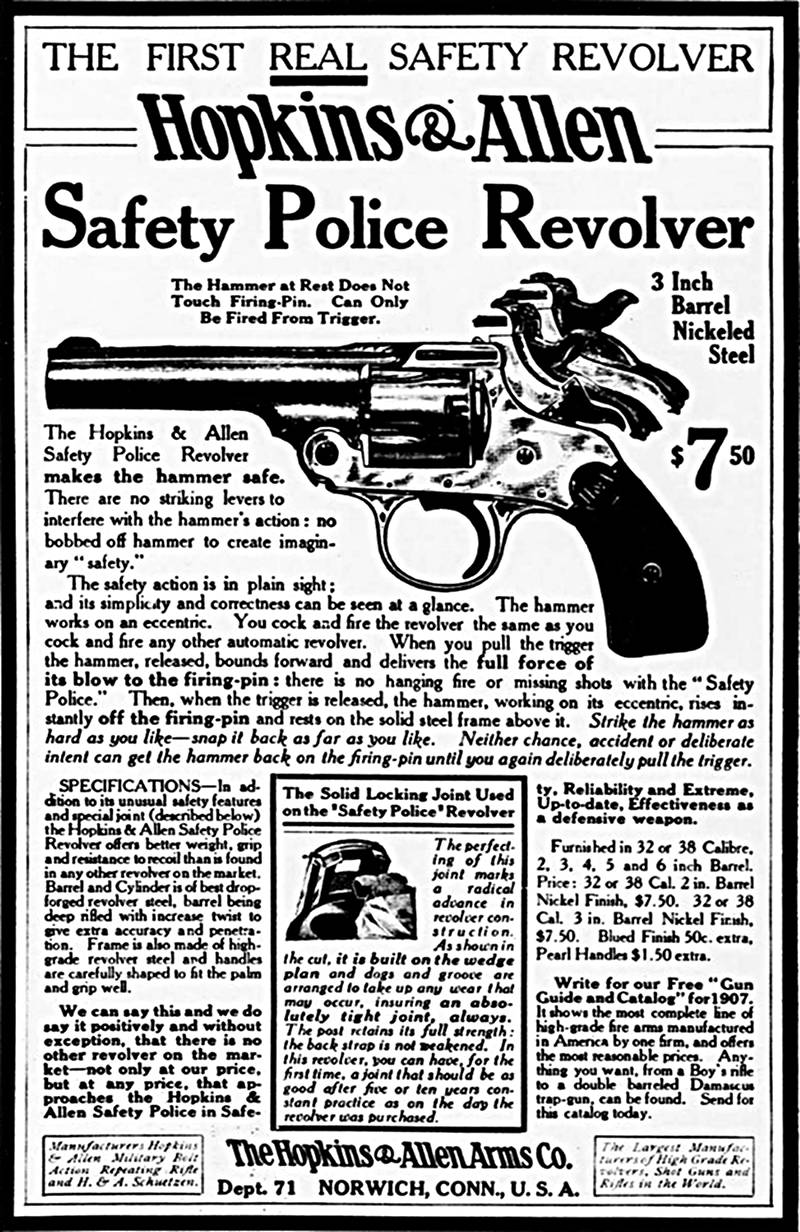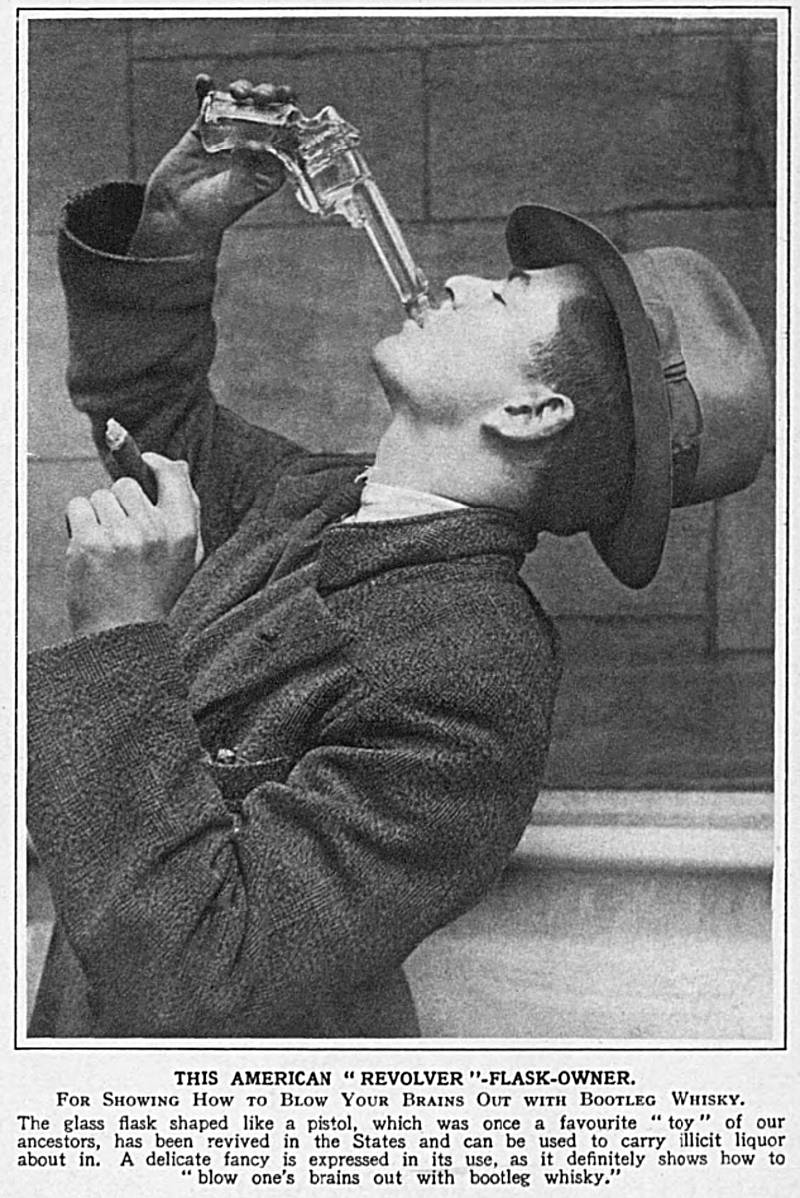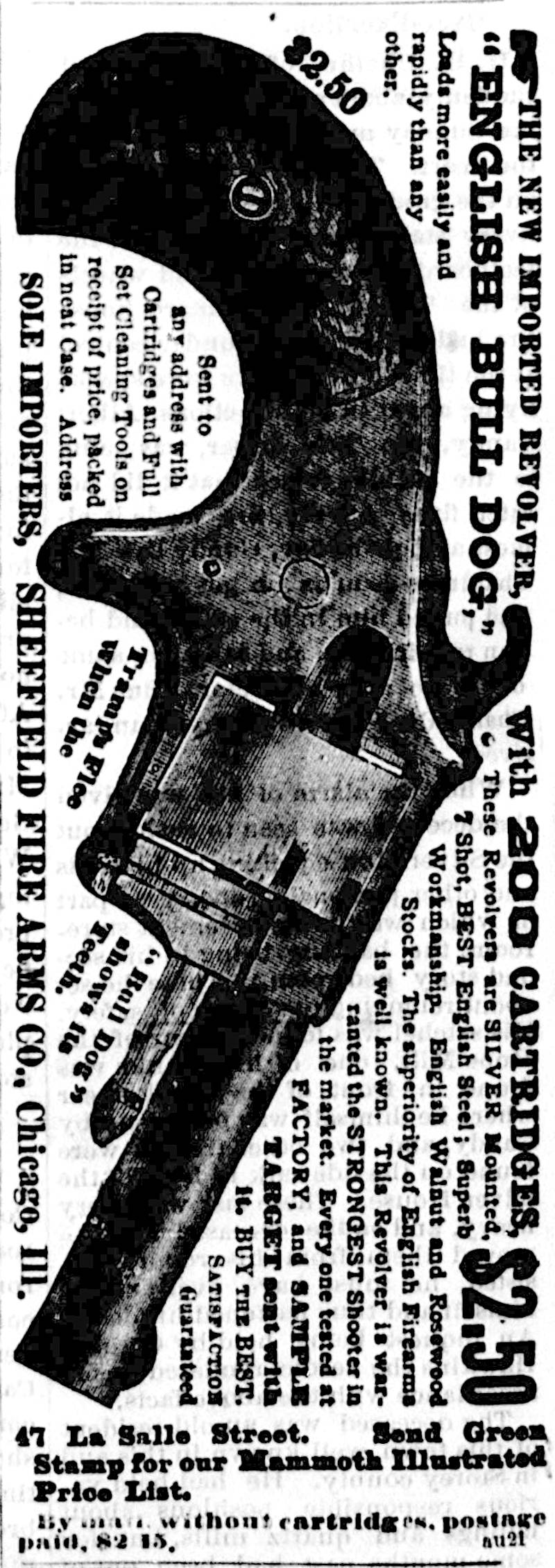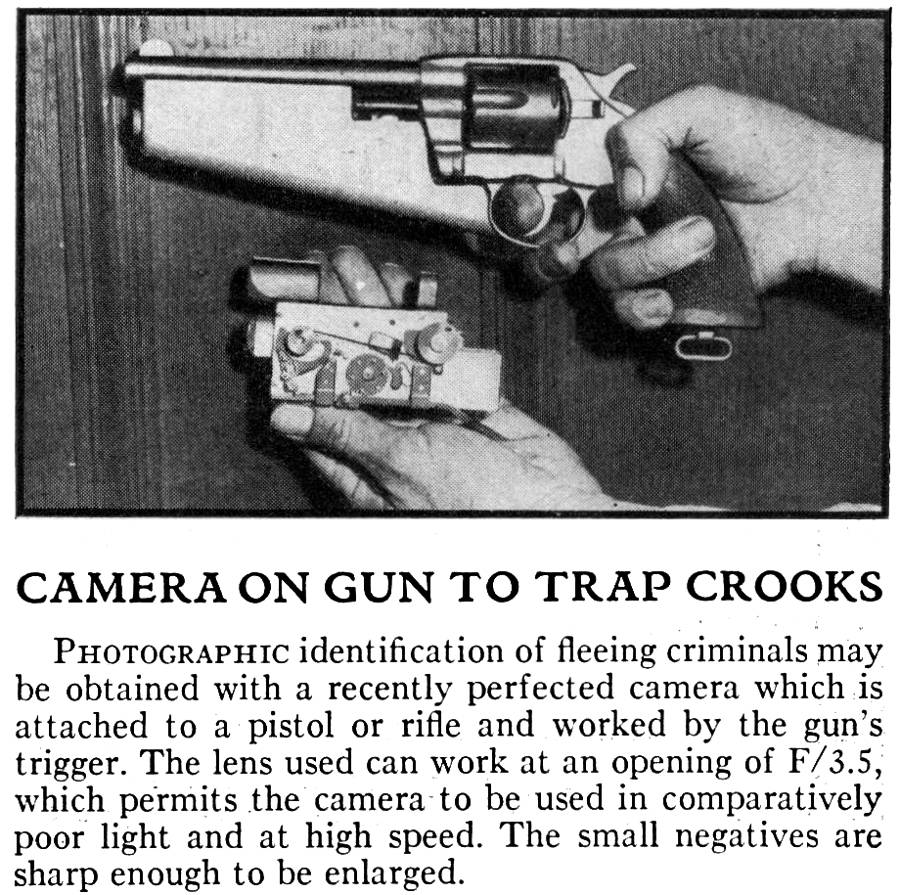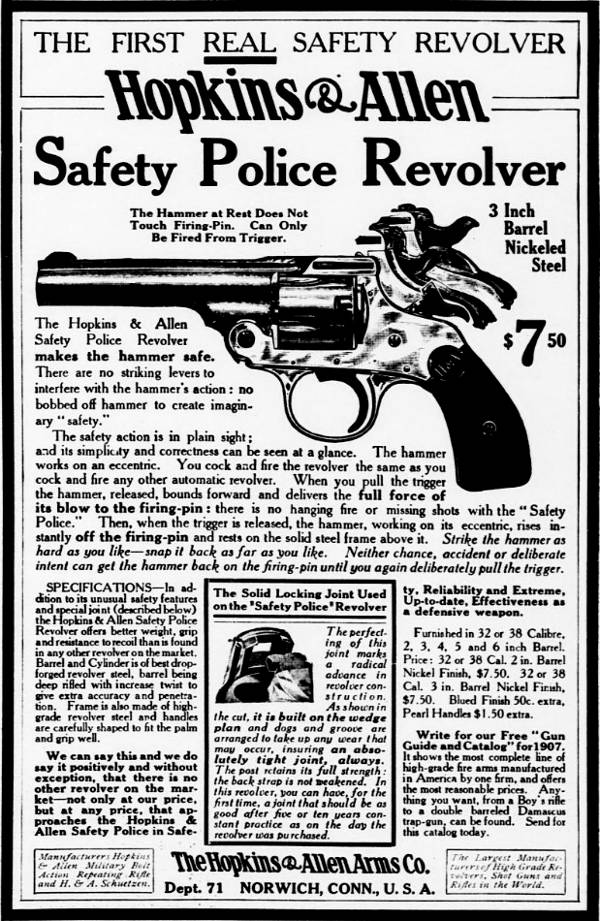A collection of automatic pistols of World War 2, from the Stoeger Arms Corporation catalog, 1948
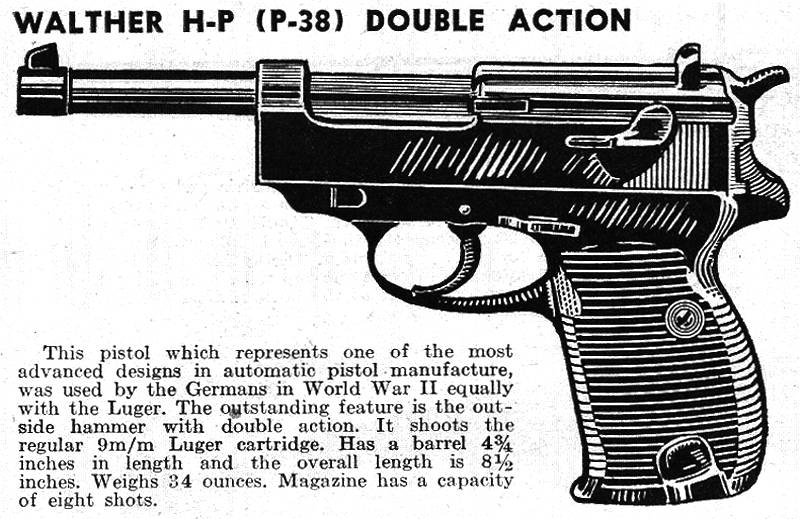
Continue reading “Automatic Pistols of the World War”
Tag: Firearms
FBI Machine Gun Course
Safety Police Revolver
Bootlegger’s Pistol
English Bull Dog, 1878
Gun Camera
Brought a Knife to a Gun Fight
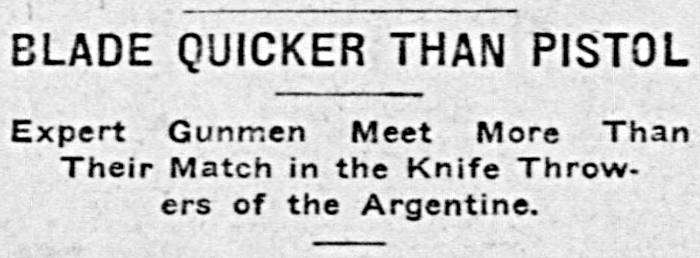 The danger zone encirclin a gaucho (cowboy of the Argentine) with his knife in his hand is by no means limited to the circle he sweeps with his extended arm. I am not sure just how far it does go, nor have I the least desire to find out. I heard, however, a crack revolver shot, a man who could blot out the spots on a ten of spades at a dozen paces, say that he would be extremely reluctant to take his chance at a draw-and-let-go with a gaucho at any distance under 20 yards.
The danger zone encirclin a gaucho (cowboy of the Argentine) with his knife in his hand is by no means limited to the circle he sweeps with his extended arm. I am not sure just how far it does go, nor have I the least desire to find out. I heard, however, a crack revolver shot, a man who could blot out the spots on a ten of spades at a dozen paces, say that he would be extremely reluctant to take his chance at a draw-and-let-go with a gaucho at any distance under 20 yards.
An illuminative case In point came to my attention in Buenos Aires. As a class the American agricultural machinery experts sent to Argentina are as handy with sixshooters as any I have ever met. They are mostly westerners, have used revolvers from their childhood, and their arms, from which they never separate themselves for a moment while in campo, are always of the best and latest pattern.
Not once or twice, but on dozens of occasions, have I seen one or another of these men with his Colt’s or Mauser “automatic,” after a preliminary shot or two to get the range blow over a rabbit running at full speed across the pampa. This is good shooting, as will be appreciated by anyone who has had experience with the revolver. Yet the case I have In mind is that of a thrashing machine expert from Texas — a crack shot — who had trouble with his Argentine maquinista, had an even break on a draw at 25 or 30 feet, and was retired from action with a knife through his shoulder before his revolver was clear of its holster.
Lewis R. Freeman in the Cornhill Magazine.
The Aberdeen Weekly. Aberdeen, Miss, March 11, 1921
Sgt. Fury’s Weapons of War, 1963
Before the letters to the editors started being published, Stan Lee and Jack Kirby included some historical information towards the back of the Sgt. Fury and his Howling Commandos comic.
Issues 1,2,4 and 5 dealt with the various firearms of WW2.
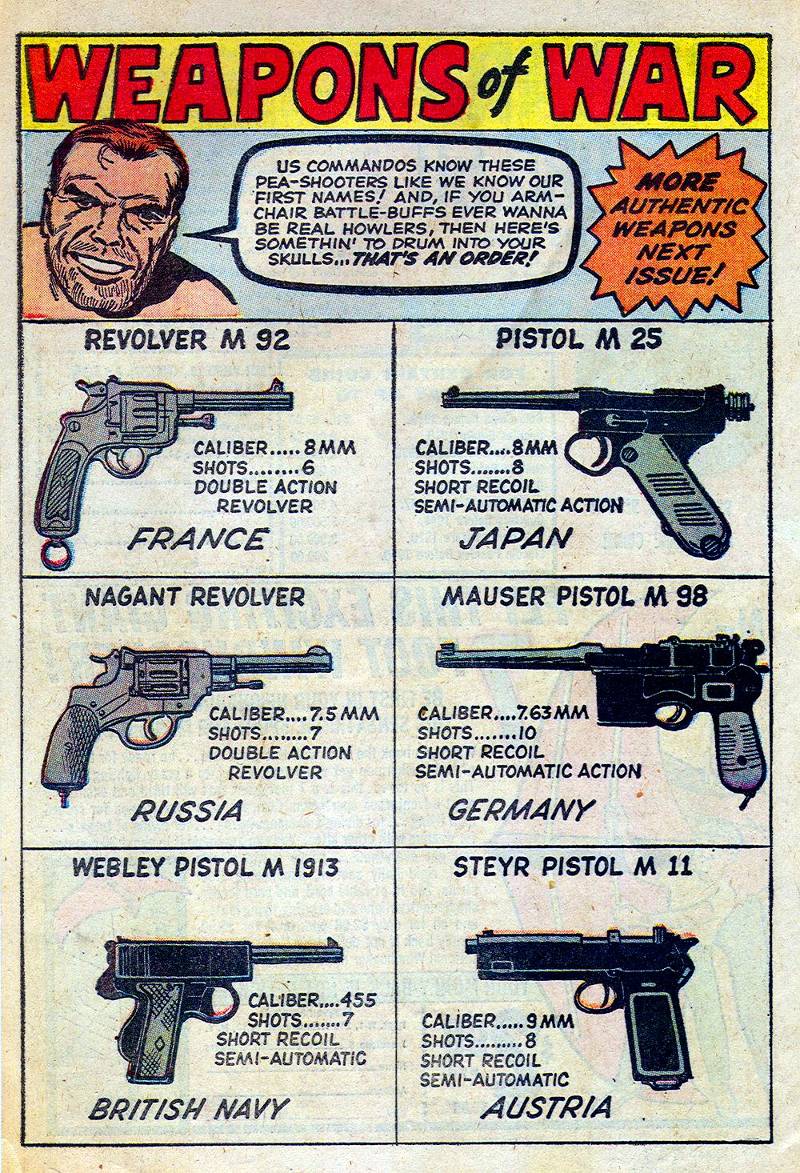 Issue #1 Continue reading “Sgt. Fury’s Weapons of War, 1963”
Issue #1 Continue reading “Sgt. Fury’s Weapons of War, 1963”
Elliot’s Pocket Revolver, 1861
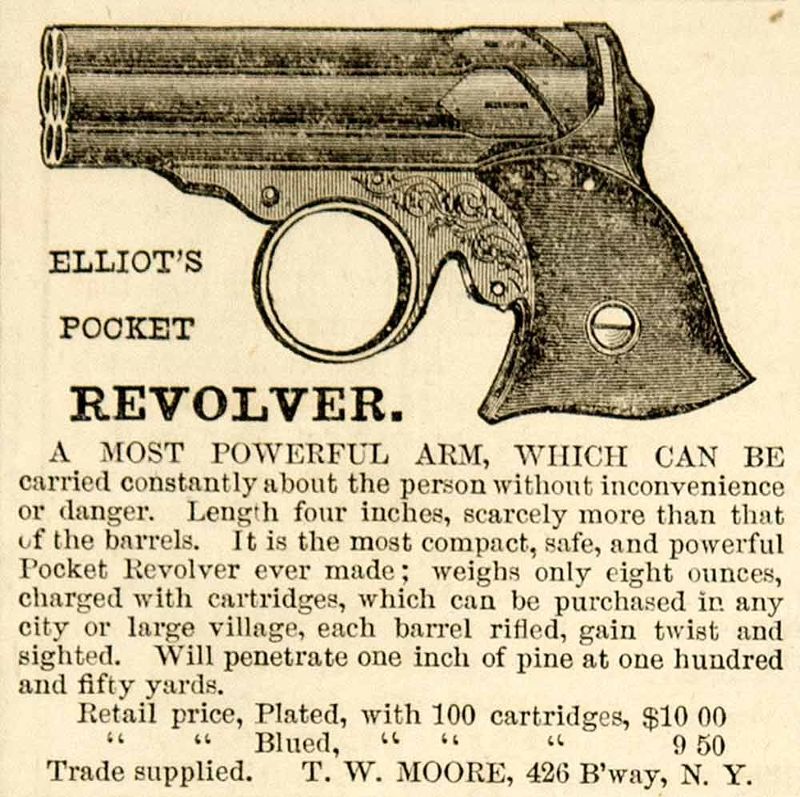 A MOST POWERFUL ARM, WHICH CAN BE carried constantly about the person without inconvenience or danger. Length four inches, scarcely more than that of the barrels. It is the most compact, safe and powerful Pocket Revolver ever made; weighs only eight ounces, charged with cartridges, which can be purchased in andy city or large village, each barrel rifled, gain twist and sighted. Will penetrate one inch of pine at one hundred and fifty yards.
A MOST POWERFUL ARM, WHICH CAN BE carried constantly about the person without inconvenience or danger. Length four inches, scarcely more than that of the barrels. It is the most compact, safe and powerful Pocket Revolver ever made; weighs only eight ounces, charged with cartridges, which can be purchased in andy city or large village, each barrel rifled, gain twist and sighted. Will penetrate one inch of pine at one hundred and fifty yards.
